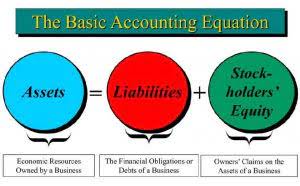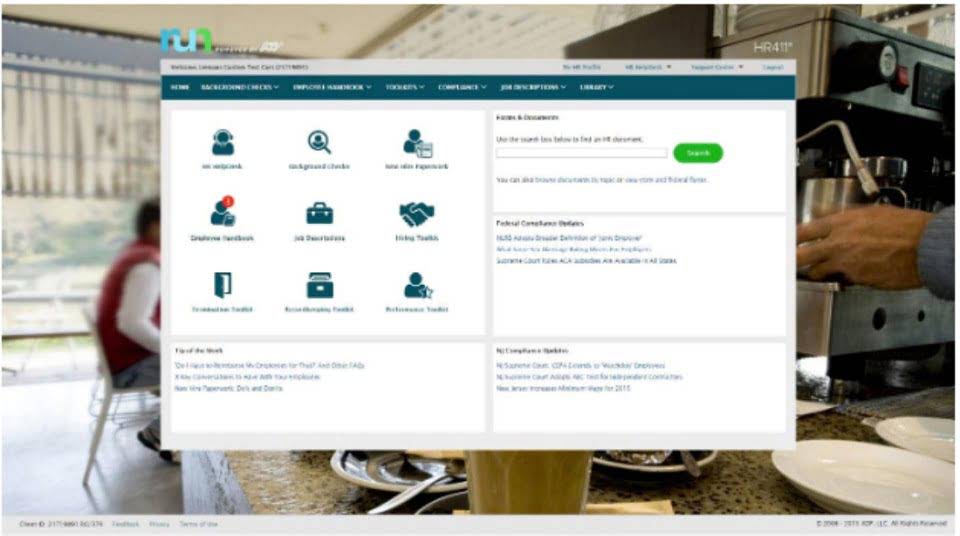Bookkeeping, tax, & CFO services for startups & small businesses

There are many good reasons for the way things work – GAAP (generally accepted accounting principles) has been honed for decades. Finvisor has been supporting startups and small businesses since 2014. We have all the accounting technology, tools, experience, and expertise necessary to help you get where you need to go, all this without breaking the bank. Most small businesses don’t need a dedicated employee for accounting. Having a member of your team who handles everything financial might seem tempting, but remember to factor in the salary and benefits you would be responsible for providing.
- Accounting for startups is crucial because it provides a clear financial picture of your company and gives you the tools you need to choose growth strategies and avoid potential pitfalls.
- Accrual basis accounting counts money when it’s “earned” rather than received (and the same with expenses).
- After all, there are very few bootstrapped startups that make it to the top.
- The full-time accounting curriculum covers business foundations through courses like law and business, information systems in organizations, principles of management and principles of finance.
- We’ll help you select and configure the best fintech systems, from cards to banks to bill pay – and beyond.
- Start by making a list of priorities—the items that need attention right away, and the ones that will need to be addressed within six months.
If you need finance, you will need a plan with financial forecasts. If you also want personal financial advice, check whether they can provide this. You should invest time in finding the right accountant, as it’s potentially a long-term relationship. Start by contacting three to six firms and arrange to meet with at least three of these. When arranging a meeting check in advance whether the first meeting to discuss their appointment is free of charge. Once the decision is taken to start the business, the accountant can help decide which business format works best for the client – basically sole trader, partnership or limited company.
Small Business Accounting Services
Kruze provides startups with specialized accounting, tax advisory, and financial reporting services you need so you can focus on the big picture. Xero is another emerging online accounting software company providing practical tools and bank connections with a variety of plans to suit any size of business. A 2022 Skynova accountant for startups survey found that 44% of startup businesses failed due to a lack of cash. With this in mind, it’s essential to ensure that your startup doesn’t run out of money before it generates positive cash flow or attracts investors. When making a decision to go with a vendor or service partner, fitting into your budget matters.

Two entries should be made for every transaction, a debit and a credit. An expense is incurred when the business receives the goods or services, not when you get the bill. Other funding alternatives include peer-to-peer lending, angel investors, or crowdfunding. So, your best bet as a small startup owner would be borrowing from a close circle of friends and family or investing your own money.
Benefits of Accounting for Startups
Whereas an accountant comes in to go through your books to help you file taxes and prepare for audits and funding rounds, a bookkeeper does the day-to-day tasks of keeping your books up-to-date. In the same way your accountant provides your controller with useful financial information, your bookkeeper sets up your https://www.bookstime.com/articles/bookkeeping-for-large-business accountant for success. By keeping an eye on your cash flow, your accountant can help you figure out how to better manage company credit cards. They will be able to tell you whose jobs need the immediate purchasing power of a credit card, and how best to delegate authority to balance agility with security.
This can help you identify areas where you can optimize your product offerings to meet and exceed your goals. Startups are usually in breakout industries or innovating in existing industries with new technology. Because of this, startups end up having different needs that a typical business might have. With teams in different jurisdictions, there will be different tax and labor laws you will need to follow.



